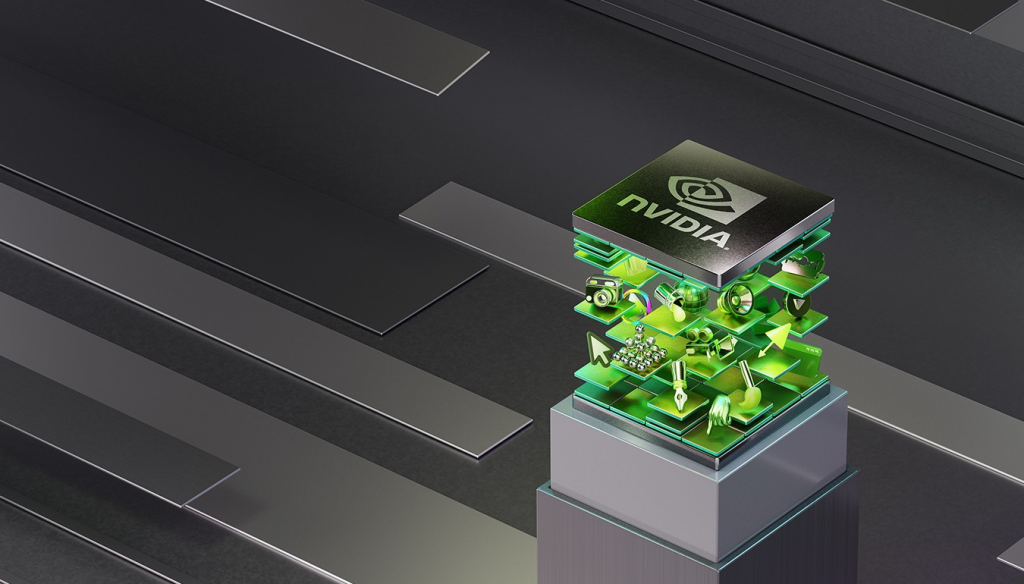Nvidia’s share price has taken a knock, and its Chinese chipmaking rivals have soared, after Beijing reportedly discouraged Chinese AI companies from buying Nvidia’s chips.
Chinese regulators had issued guidance steering AI firms away from Nvidia’s H20 chips—these aren’t Nvidia’s most cutting-edge AI chips, but they’re the most powerful that the company can sell to China under U.S. export restrictions that aim to hold back China in the AI race.
The new immediately hit Nvidia’s share price by 2.2%. In pre-market trading on Monday, the AI chip leader was down by another 2%. Nvidia suppliers and contractors such as Samsung, SK Hynix, Micron and TSMC were also down.
The falls were weighing on the markets more widely this morning, as Nvidia—whose stock has more than doubled so far this year—has an outsized role these days.
But the story was very different for the Chinese chip companies that were intended to be the beneficiaries of Beijing’s guidance.
Shares in Cambricon and Semiconductor Manufacturing International Corp (SMIC), which are both partially owned by the Chinese state, soared by 20% on Monday, hitting the daily limit on the Shanghai exchange. Naura Technology Group, which produces chipmaking equipment, saw its stock pop by 9.8% in Shenzhen.
Years of Western export controls have had some success in slowing the advance of China’s AI efforts, denying Chinese companies the latest and greatest chips and, by holding back the most advanced production equipment, making it harder for Chinese chip companies to keep pace.
Progress at Huawei, for example, was set back two years by the redesigns that were needed to produce its AI chips locally, and the performance of its recent Ascend 910B chips may be limited by production problems at contract manufacturer SMIC.
Multiple sources said that TikTok parent ByteDance was planning to use the 910B chips to train an upcoming model. ByteDance reportedly already uses these chips for inference—essentially, running AI models—but using it for the more computationally demanding task of training would be another matter.
ByteDance denied that it was working on a new model. Nonetheless, it again points to the limits of what China’s chip producers can currently achieve; one source told the newswire that Huawei was delivering the 910B chips too slowly for ByteDance’s needs.
However, the export controls have also pushed China’s chip sector to adapt and work faster. The Information Technology & Innovation Foundation (ITIF), a major tech industry lobbying group, warned earlier this month that “U.S. efforts to slow China down are unlikely to work in the long run.”



